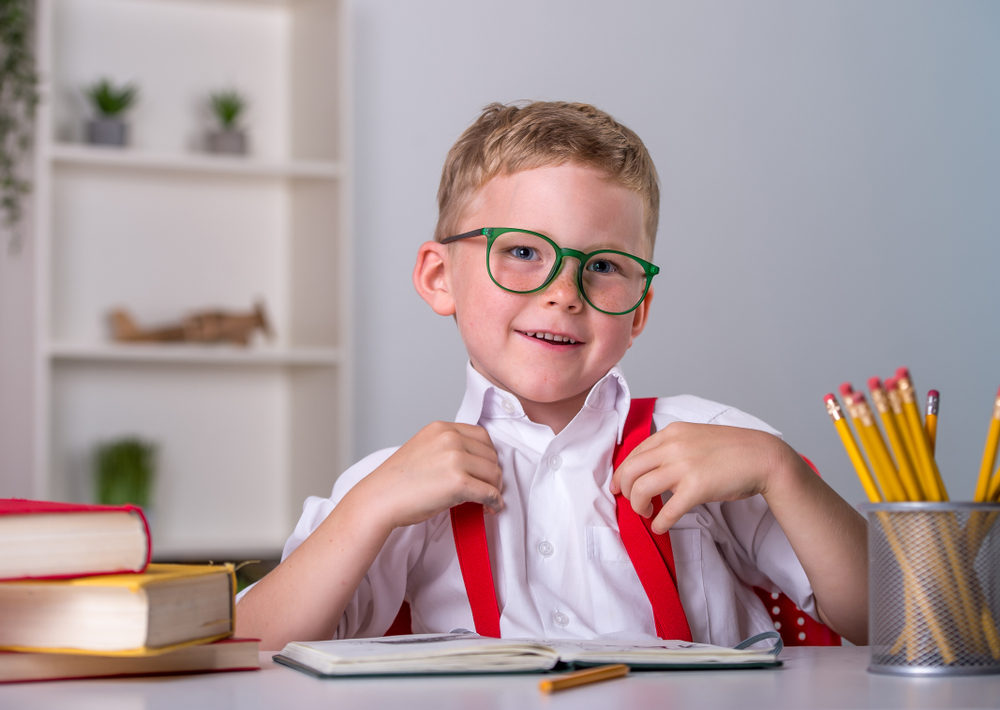
You should schedule an eye exam as you prepare your children for school. Studies suggest that almost 25% of school-age kids have vision problems. If not detected and managed, the problems can affect learning and participation in educational and social activities. Early detection and diagnosis can lead to proper treatment and improved visual learning outcomes.
Schedule a Pediatric Eye Exam
Children should get their first comprehensive pediatric eye exam before they turn one year. The next exams should be at three years and five years. When the child begins school, annual pediatric exams can monitor their vision development and eye health.
Scheduling an eye exam should be part of your back-to-school routine. It will help determine whether your child needs glasses. The eye doctor will check the child's eyes to ensure their visual skills are developing as required.
Checking for Vision Problems
Myopia is a common problem among school-going children. A vision test can determine if your child has a refractive error. Signs that your child needs vision correction include blurry vision, eye rubbing, headaches, dizziness, and fatigue.
The doctor can recommend the best treatment option if your child has myopia or astigmatism. The doctor may recommend glasses or myopia control treatment if your child needs vision correction. Myopia management options, such as ortho-k, can slow myopia progression.
Update Eyeglass Prescriptions
If your child wears eyeglasses, a current prescription will ensure they do not experience blurry vision and other symptoms. A wrong lens prescription can cause eyestrain, headaches, and difficulties concentrating in the classroom.
Schedule a vision checkup before the start of the school year to determine if they need a new prescription. You can replace the lenses and keep the old frame or get new frames.
Shop for Eye Care Supplies
Before school starts is the best time to get eyeglasses, contact lenses, and other eye care supplies. Ensure your child's glasses fit properly to ensure comfort and improved vision. If the frame is too tight, it is time to get a new pair of eyeglasses. The lenses should also be in good condition for optimal function. Stock up on contact lens solutions, eyeglass cleaner, and other eye care products before school starts.
Visual Problems That Affect Learning
Do not wait until your child complains of inability to see the classroom board before you schedule an eye exam. Having their eyes tested will determine if they need eyeglasses or vision therapy.
The eye doctor can check for vision problems that can lead to learning difficulties, such as binocular vision problems. They can also check eye focusing and eye teaming and look for signs of eye-tracking difficulties. Vision problems can affect a child's behavior.
One in five children has undetected eye issues that can affect learning. An eye exam can ensure your child does not experience learning difficulties. If your child is experiencing symptoms such as blurry vision and dizziness, schedule a visit to the eye doctor as soon as possible. A comprehensive eye exam can detect vision issues before they become a big problem.
For more on getting kids' eyes ready for the school year, visit Today's Vision Bulverde at our San Antonio, Texas, office. Call (210) 307-4749 to schedule an appointment today.











